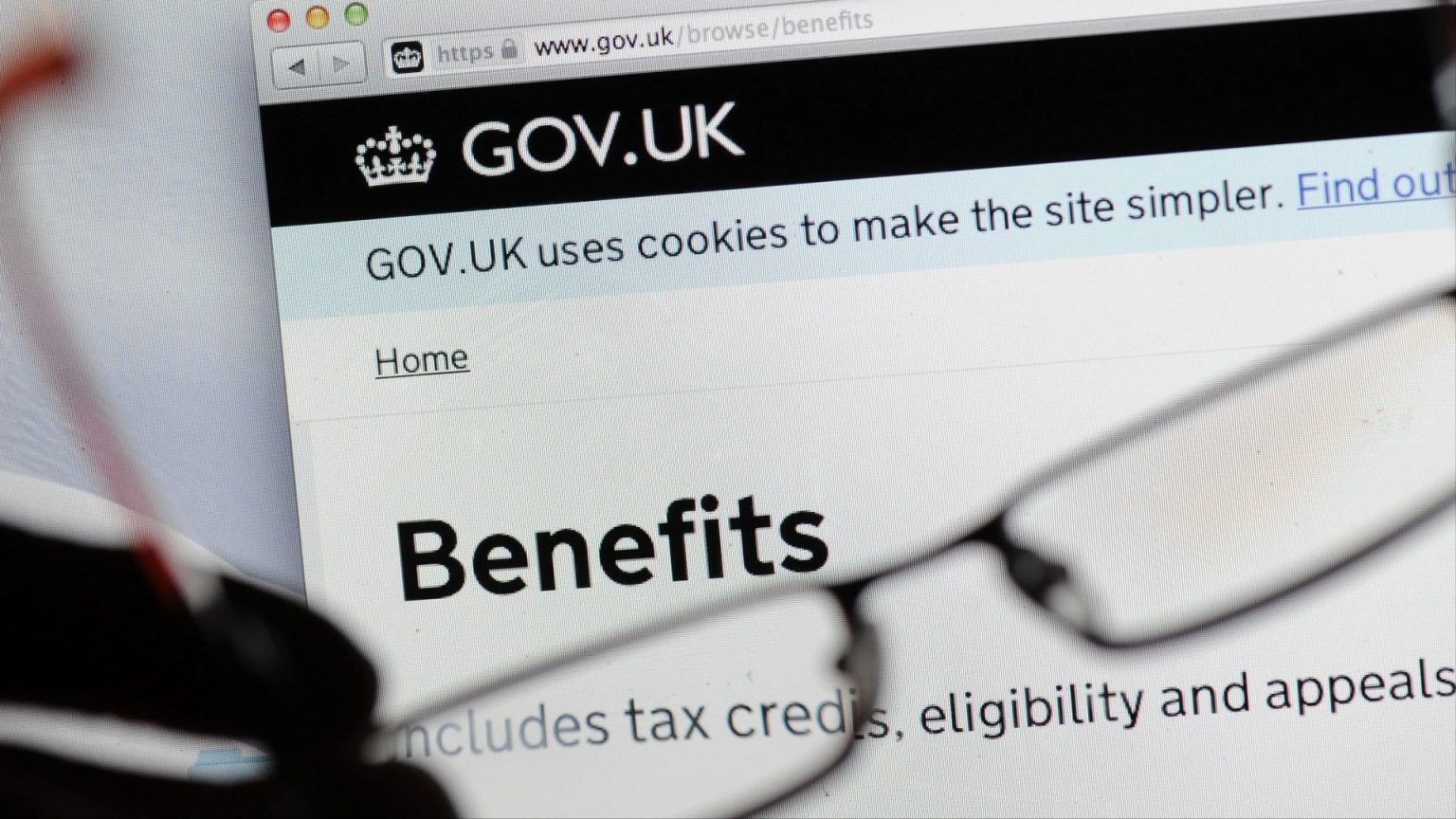The United Kingdom government’s ongoing initiative to transition all benefit claimants from legacy benefits to Universal Credit is approaching a critical juncture for thousands of households. This “managed migration” process, which began in May 2022, involves notifying eligible claimants by letter, giving them a three-month window to apply for Universal Credit. Failure to comply with this deadline results in the cessation of existing benefit payments. A significant wave of these notification letters was sent between late September and early October 2024, meaning the deadline for these recipients falls on New Year’s Eve. Notably, unlike the previous year, the Department for Work and Pensions (DWP) has confirmed there will be no extension to the deadline, raising concerns about potential benefit disruptions for those who fail to act promptly. The DWP emphasizes the availability of support through helplines and the “Help to Claim” service for those navigating this transition.
The transition to Universal Credit effectively replaces six existing benefits: Working Tax Credit, Child Tax Credit, Income-based Jobseeker’s Allowance, Income Support, Income-related Employment and Support Allowance, and Housing Benefit. While claimants can voluntarily switch to Universal Credit, this is not always advantageous. Crucially, the transition is irreversible, and claimants are advised to carefully assess the financial implications using online benefit calculators provided by charities like Turn2Us and EntitledTo before making the switch. Life changes such as relocation, altered working hours, or having a child can also trigger a mandatory move to Universal Credit. Ultimately, the managed migration process aims to bring all claimants under the Universal Credit umbrella.
The scale of this undertaking is substantial. Between July 2022 and September 2024, nearly 1.4 million migration notices were issued. However, the DWP’s data reveals a concerning trend: over 300,000 individuals lost their benefits due to inaction following these notices. This underscores the critical importance of adhering to the three-month deadline. While a significant number of individuals have successfully transitioned to Universal Credit, a considerable portion remains in the process. The potential for vulnerable individuals, particularly those with mental health conditions, learning disabilities, or dementia, to struggle with the complexities of this transition has been a recurring concern raised by charities and advocacy groups. They have urged the government to address systemic flaws that could disproportionately impact these vulnerable populations.
Various resources are available to assist claimants navigating this change. Jobcentres offer in-person support, and Citizen’s Advice provides a free “Help to Claim” service with dedicated helplines for England, Scotland, and Wales. Online guidance and advice are also accessible through the Citizen’s Advice website. The potential financial implications of switching to Universal Credit vary. Government estimates suggest that while a significant portion of claimants could benefit or see no change, a considerable number, particularly those receiving Employment Support Allowance with disability premiums or specific tax credits, could experience a reduction in benefits.
While transitional protection payments are available for some claimants migrating under the managed migration process, mitigating immediate financial losses, these are not guaranteed for those who miss the deadline or switch voluntarily. The three-month countdown begins with the first notification letter, followed by reminders via post and text. A one-month grace period allows for backdated claims and potential transitional protection. However, even with potential losses, remaining on legacy benefits indefinitely is not a viable option, as claimants risk missing out on future benefit increases and being subject to payment freezes.
The transition to Universal Credit presents a complex challenge, demanding careful consideration and timely action from claimants. The availability of support services and online resources is crucial in navigating this process, but the inherent risks for vulnerable individuals and the potential for financial losses for some necessitate ongoing scrutiny and potential adjustments to the system to ensure a fair and equitable transition for all. The approaching New Year’s Eve deadline underscores the urgency for those who received their migration notices in early autumn to engage with the process to avoid benefit disruption. The DWP’s commitment to providing support is commendable, but the high number of individuals who have already lost benefits highlights the continued need for clear communication and readily accessible assistance.


